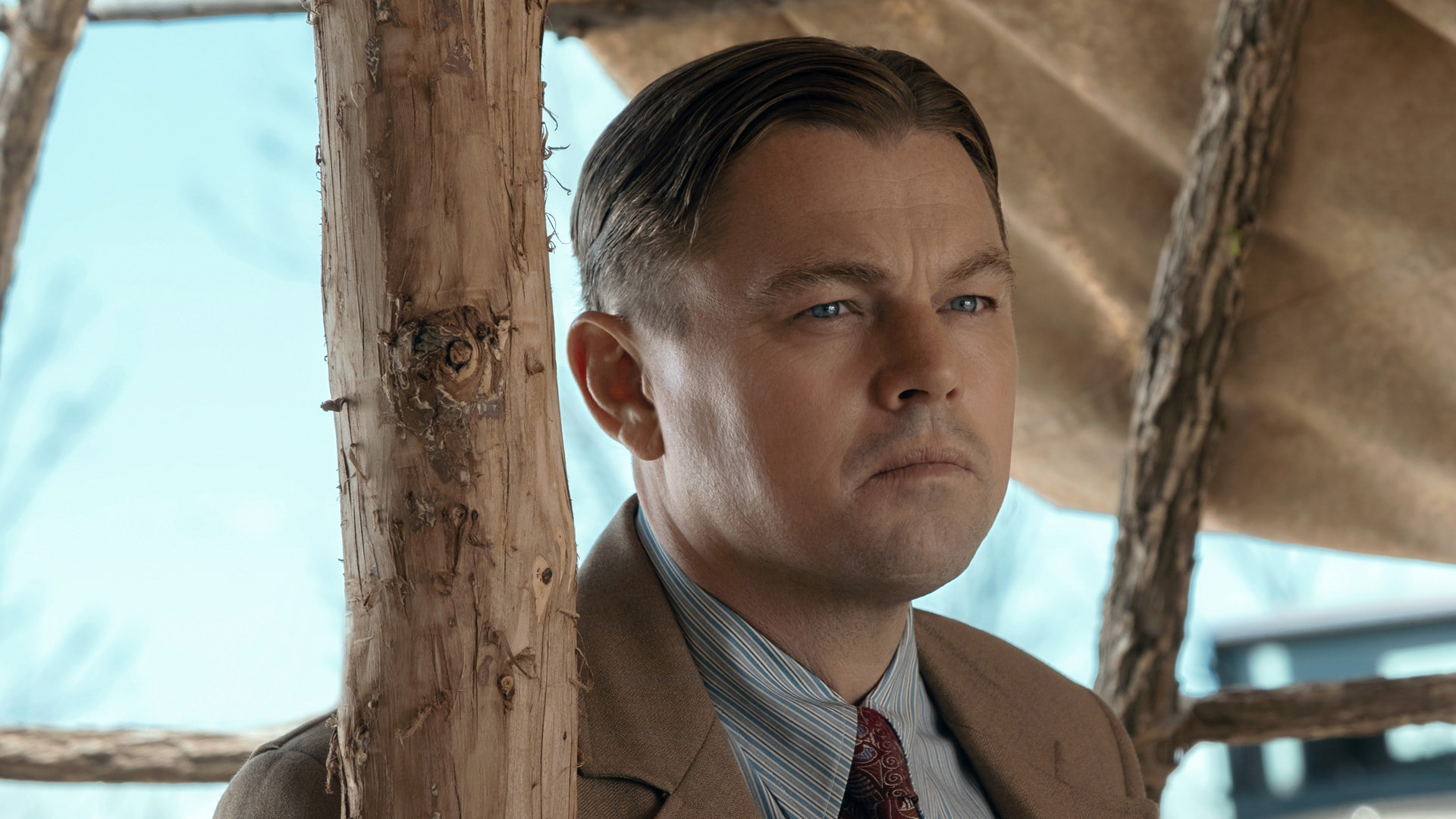Leonardo Wilhelm DiCaprio, born on November 11, 1974, in Los Angeles, California, is one of those rare actors who manages to be both a massive box-office draw and a serious, respected artist. Raised by his mother, Irmelin Indenbirken, after his parents’ divorce when he was just a year old, Leonardo grew up in a modest neighborhood in East Hollywood. His father, George DiCaprio, was an underground comic book writer, and the family struggled financially in his early years.
From childhood, DiCaprio was drawn to performing. His mother encouraged his artistic side, taking him to auditions and helping him navigate the competitive world of child acting. He started with commercials and educational TV shows, landing early roles in Parenthood and Growing Pains. But his breakout moment came in 1993 when he played a mentally challenged teenager opposite Johnny Depp in What’s Eating Gilbert Grape. His performance earned him his first Academy Award nomination at just 19 — a rare achievement for such a young actor.
By the mid-90s, Leonardo was one of the most sought-after young stars in Hollywood. Films like Romeo + Juliet (1996) showcased his romantic charm, but it was Titanic (1997) that catapulted him to global superstardom. James Cameron’s epic love story became a cultural phenomenon, making DiCaprio the heartthrob of a generation. At the time, the overwhelming attention was overwhelming for him; he avoided sequels and teen idol roles, instead choosing projects that challenged him.
The late 90s and early 2000s saw Leonardo deliberately reinvent himself. He collaborated with acclaimed directors like Martin Scorsese, starring in Gangs of New York (2002), The Aviator (2004), and The Departed (2006). These roles cemented his reputation as a serious actor capable of intense, layered performances.
One of his trademarks is complete dedication to his roles. For The Revenant (2015), DiCaprio endured freezing temperatures, wore authentic animal pelts, and even ate raw bison liver despite being a vegetarian — all in the name of authenticity. The performance finally earned him the long-awaited Oscar for Best Actor, after years of being famously “snubbed.”
Outside of acting, Leonardo is a passionate environmentalist. He established the Leonardo DiCaprio Foundation in 1998, focusing on climate change, wildlife conservation, and indigenous rights. He has produced documentaries like Before the Flood and Ice on Fire to raise awareness about environmental crises. His activism has taken him to United Nations climate summits and remote parts of the world, where he uses his celebrity status to push for change.
Leonardo’s personal life has been a subject of media fascination, often revolving around his high-profile relationships with models and actresses. Yet, he has managed to keep his private life relatively low-key compared to many of his peers, avoiding scandal and letting his work and activism speak for him.
In recent years, DiCaprio has continued to choose diverse projects, from Quentin Tarantino’s Once Upon a Time in Hollywood (2019) to the satirical disaster comedy Don’t Look Up (2021), which doubled as a metaphor for climate inaction.
What makes Leonardo DiCaprio unique is his refusal to be boxed in. He’s a megastar who doesn’t rely on franchises, a heartthrob who isn’t afraid to play flawed or unlikable characters, and an activist who uses his platform for causes larger than himself. His career is a masterclass in balancing art and commercial success, proving that in Hollywood, it is possible to have both.
